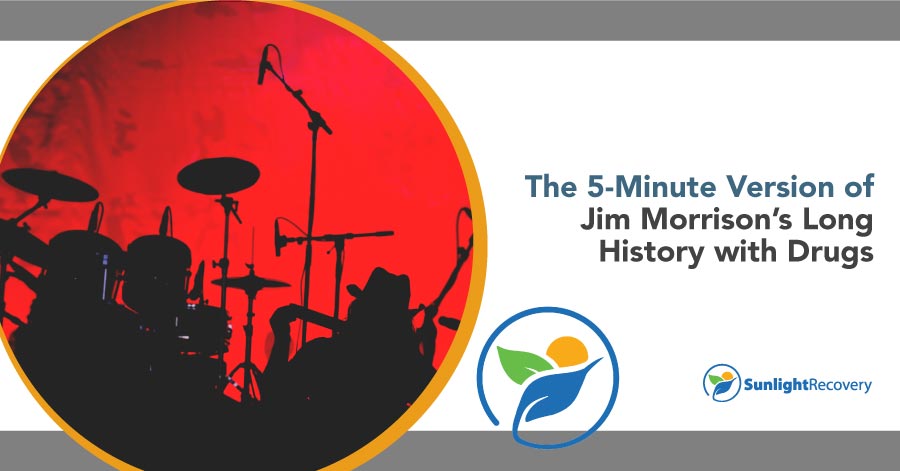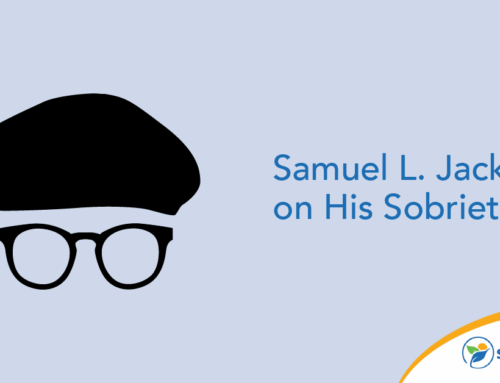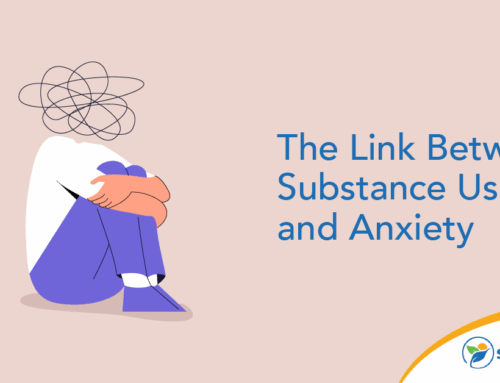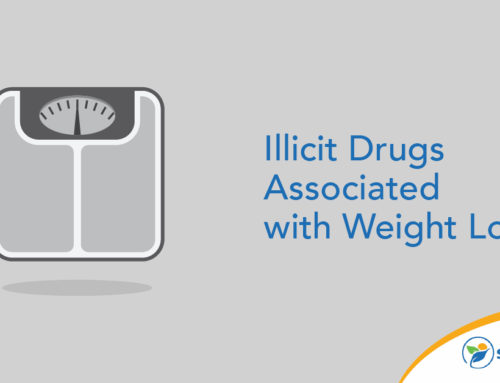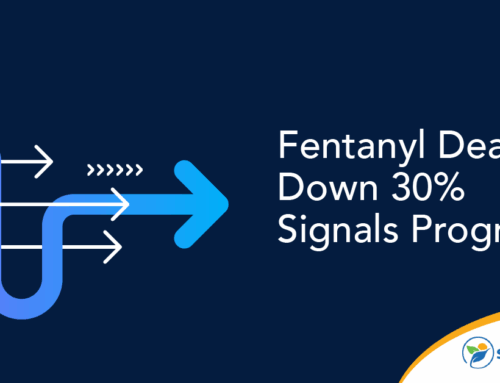One of the most iconic rock stars of the 20th century, Jim Morrison was known for his hard-partying ways and experimental use of drugs. However, the dark aspect of Morrison’s addiction, which eventually led to his tragic death at age 27, is often omitted from the narrative. Simply enter “Jim Morrison drugs” into Google and you’ll discover dozens of results detailing his past with them.
While Jim Morrison’s life might seem like a mere cautionary tale, it can also serve as a reminder that addiction is a disease that doesn’t discriminate. It can affect anyone, regardless of their fame, artistic prominence or fortune. His life serves as a reference point for educating people about the dangers of drug abuse. And by destigmatizing addiction, stories like this can help to break down the barriers that prevent people from reaching out for help.
This article covers a brief history of the artist’s troubled life, his experience with drugs and alcohol and how his story can serve the multitudes of people suffering from addiction.
A Brief History of Jim Morrison’s Life
Born in Melbourne, Florida, on December 8, 1943, Jim Morrison was the oldest of three children. His parents, George and Clara Morrison, both fled Europe during World War II. His father was an admiral in the U.S. Navy and his mother a former teacher. Due to his father’s career, the family moved around a lot, living in California, Virginia, New York and Arizona, among other cities.
As a child, Morrison was described as being shy, withdrawn and intellectual. He was also a gifted student and an avid reader. In 1961, he graduated from high school in Alexandria, Virginia. He later attended UCLA, studying film. He graduated in 1965 and broke off most contact with his family. It was around this time that he began experimenting with drugs and cofounded his band The Doors. The band name was inspired by Aldous Huxley’s Doors of Perception, a book about psychedelic drug experiences.
Success’ Psychological Toll on Jim
The band quickly became successful and its 1967 debut album, The Doors, remains one of the most influential albums of all time. However, success came at a cost for Morrison: As his fame increased, so did his drug and alcohol use. This led to a series of arrests for disorderly conduct, inciting riots, even kissing an underage girl. Moreover, his increasingly erratic behavior caused tension within the band, and most were deterred from working with him. His upcoming events were mostly canceled.
Despite The Doors’ drugs-centric music, Jim’s behavior was even too much for the other band members to tolerate.
In March 1971, estranged from his former life, he moved to Paris to live with his long-time girlfriend Pamela Courson and was said to have gained a lot of weight. Morrison died in Paris on July 3, 1971, at the age of 27, joining the infamous “27 Club,” which also includes Jimi Hendrix, Kurt Cobain, Janice Joplin and Amy Winehouse.
The cause of death is still disputed, but it’s generally believed that he died of heart failure from years of drug abuse. He may or may not have taken heroin before his death. Despite his short life, Morrison left a lasting legacy and is still regarded by many as one of the greatest rock stars of all time, an icon of 1960s counterculture.
Jim Morrison Drugs: A Mental Health Perspective
Jim Morrison had an obvious problem with drugs, and his behavior aligned with substance use difficulties. He used drugs and alcohol regularly and excessively. His relationship with drugs paralleled the erratic behavior that led to major legal problems and the eventual destruction of his short music career.
Signs of Substance Use Disorder
Substance use disorder is a disease that affects a person’s brain and behavior. It can lead to the inability to control drug use, whether legal or illegal. When you’re addicted, you may continue using the drug despite the harm it causes. Drug addiction often starts with experimental or recreational use, but for some people, use becomes more frequent, while their ability to control it diminishes.
Drug addiction can also begin with prescribed medications for a legitimate condition. Many drugs prescribed by a doctor for pain, stress or depression can have physically and mentally addictive qualities. Recent years have seen an increasing number of prescription drug-related deaths.
Signs that you may have a substance use disorder include:
- Feeling the need to use regularly — daily or even several times a day
- Having intense cravings for the drug
- Increased drug tolerance
- Inability to control how much you take
- Spending money on the drug, despite not being able to afford it
- Neglecting obligations and responsibilities due to use
- Continued use despite it causing problems in your life
- Inability to quit when you say you will
In an interview, Jim Morrison describes his drug use:
“I went through a period where I drank a lot, I had a lot of pressures hanging over me that I couldn’t cope with.”
“Instead of trying to think more, you try to kill thought with alcohol and downers.”
He also famously said, “drugs are a bet with your mind,” noting how “It could work out or it could be disastrous.”
Despite coming from a celebrity, these quotes reflect how multitudes of people experience their relationship with drugs. Jim Morrison’s alcohol addiction led to many negative consequences but still he continued to use. His untimely death and troubled life serve as an ominous reminder of the importance of seeking help.
The Important Role of Celebrities in the Mental Health Landscape
People often ask, “Did Jim Morrison do drugs?” or “What drugs did Jim Morrison do?” because celebrity drug use captivates people’s interest. When celebrities open up about their drug use and recovery, it gives a multitude of people the confidence to seek the help they require. It alleviates the sense of isolation that drug addicts can experience.
Getting Help
Morrison was heavily addicted to alcohol and drugs, which eventually led to his demise. While his lifestyle may have been extreme, his story can still teach us important lessons about drug abuse and the importance of seeking help. His life demonstrates that addiction doesn’t discriminate between rich and poor, talent and untalented, artistic or not; it can affect anyone. Additionally, the tale of his struggle with addiction can help remove stigma, making people feel more willing to get the help they need.
If you or someone you know is struggling with substance addiction, don’t hesitate to seek help. Sunlight Recovery’s compassionate team of mental health experts is on 24/7 standby, ready to take your call. Contact us today at (888) 402-3647.


